Once you have brought a pup home, they instantly become a part of your family. Every time you get on the bed, they snuggle with you. They love playing fetch with you in the backyard. They also sit eagerly in the kitchen even as you whip up their dinner.
It may be tempting to give your dog a nibble of everything you are eating, but you must think twice before handing over scraps to them. Some treats eaten by humans are safe for dogs, but so many edible items can cause problems for them.
Are olives safe for dogs?
The thing is that some items in your pantry or fridge are not poisonous for your dog, but that does not mean that you should be giving them away randomly to them. Olive is an excellent example of such food. Experts say they should be fine if your dog eats a plain, pitted, and unsalted olive.
If your dog is healthy, feeding such kinds of olives in moderation is supposed to be generally okay. They have several vitamins, fatty acids, nutrients, and antioxidants that should not be a regular part of your dog’s diet.
Olives can be a healthy and tasty treat for your dog, but there are quite a few risks related to these fruits. Hence, it is better to avoid them altogether; if you want to include them in their diet, talk to the veterinarian beforehand.
Are olives bad or good for dogs?
Experts say that as far as canines are concerned, there are few risks for olives. The biggest issue is the pit, which can damage their teeth and also present a choking hazard. Often olives are stuffed with cheese and stored in olive oil. If your dog eats, it could suffer from an upset stomach. In addition, they are sometimes packaged or stuffed with garlic and onions, which are poisonous for dogs.
Getting brined olives also implies that the amount of salt they contain is too high for dogs, and if your dog has them, it may suffer from salt toxicity. The following are the symptoms of salt toxicity:
- vomiting
- diarrhea
- dizziness
- fainting
- headache
- seizures
- shaking
- rapid heartbeat
If your dog ingests something that concerns you or shows any of the above symptoms, please get in touch with the vet as soon as possible.
What types of olives are dogs allowed and not allowed to have?
Your dog can have the following kinds of olives as long as they are pitted, unsalted, and plain:
- Kalamata
- green
- black
- olives stuffed with pimentos and processed almonds
However, please make sure you are feeding them to your dog in moderation. Experts also warn you against making olives a regular part of their diet. Following are the types of olives that they should not have:
- marinated olives
- olive oil
- olives stuffed with blue cheese, feta or goat cheese, hot or chili peppers, unprocessed almonds, and garlic
It would be best if you never fed marinated olives to your dog as they contain the following components that would be harmful to your dog:
- salt
- oils
- seasoning
Unseasoned olive oil is plain and is not considered harmful per se to your dogs. However, it is always better to only feed your dog oils, seasoning, and butter if your doctor has recommended them for your baby.
Experts say that olive oil tends to have severe consequences for dogs who suffer from ailments such as pancreatitis or inflammatory bowel syndrome. This way, they can also gain unhealthy weight. The fungus that is used to make blue cheese can lead to the following symptoms in your dog:
- vomiting
- diarrhea
- seizures
So, if your dog has consumed blue cheese, please contact the vet as soon as possible. Pimentos are safe for your dogs to eat but only in moderation.
Read also: 4 Benefits to Add Olive Oil in Your Dog’s Diet
So, what can you give them instead of olives?
As you have seen above, sharing some olives with your dog is okay, but you have other veggies and fruits that are better choices when giving them a snack. Experts recommend the following options because they are full of antioxidants, vitamins, and fiber:
- carrots
- raspberries
- apples
Remember that whatever treats you give your dog must be in moderation. It includes fruits and veggies to ones created, keeping dogs in mind.
Olives are high in salt and fat.
This is something that you should know about these fruits. If your dog is on a diet that contains a lot of fat, you would be putting them at risk of pancreatitis. This ailment would affect their ability to digest the nutrients in their food and the food itself.
Can dogs eat olives from trees?
Yes, they may do so. Olives eaten from the tree are supposed to be one of the safest ways to have them, if not the absolute. They are fresh and unbrined, which means they are not at all toxic for your dog and do not contain any ingredient that could be potentially harmful to your dog. However, they have pits; you must never encourage your dog to eat olives straight from the tree.
Do olives benefit dogs?
Only a few studies have examined how feeding olives to dogs could benefit them. In some pet foods, olive oil is used as a source of fat. However, based on the studies that have been done on humans, olives may be beneficial for dogs.
Olive oil has proven to be helpful for human heart health, and it can prevent type 2 diabetes and breast cancer. However, one of the common misconceptions regarding dogs and olive oils is that it makes their coat and skin healthier.
How do olives benefit their health?
It is said that the monosaturated fat that you get in these fruits reduces inflammation, thus preventing age-related arthritis in dogs when they become old. It is also supposed to benefit white dog breeds, such as Chihuahuas, who suffer a lot thanks to dry skin in their ears.
Studies have also shown that the oil you get from these fruits is supposed to improve and lower insulin sensitivity, which can help protect your dog from diabetes.
Conclusion
So, in the end, it can be said that if your dog eats a couple of olives, you should not worry because they are not poisonous to them – make sure that they are plain, pitted, and unsalted. The same goes for seasonings, especially ones that can poison your dog, such as garlic.
Both green and black olives are safe for your dogs. The trick lies in feeding them these fruits in moderation because they would fall sick if they had too many of them.
FAQs
Q: Can dogs eat black or green olives?
A: Yes, your dog can eat both green and black olives. They can have Kalamata olives as well. However, could you ensure the fruits are plain, pitted, and unsalted? They must also have them in moderation. Just keep these things in mind while giving them olives.
Q: Are black olives toxic for dogs?
A: Olives are not toxic for dogs, but some measures must be taken before you feed them any of these treats. This is especially so when they are doused in olive oil. First, you need to know the impact they would have on your dog’s health.
Q: What are the health benefits of olives for dogs?
A: Olives are an excellent source of the following nutrients for your dog:
- protein
- vitamin A
- vitamin E
- vitamin K
- minerals
- antioxidants
However, you must ensure that you are feeding your dog olives in moderation, as too many could cause them to fall ill.
Q: Can dogs eat olives from a jar?
A: Yes, olives are supposed to be safe for dogs. They do not contain any ingredient harmful to dogs; their pits are free of toxic chemicals.

 DogExpress
DogExpress

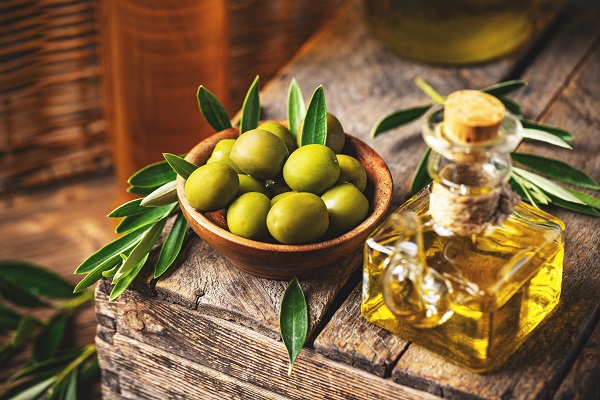
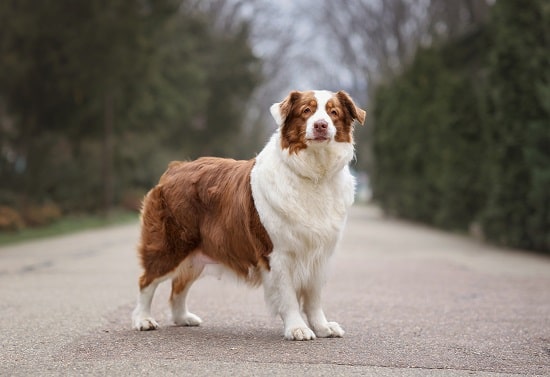
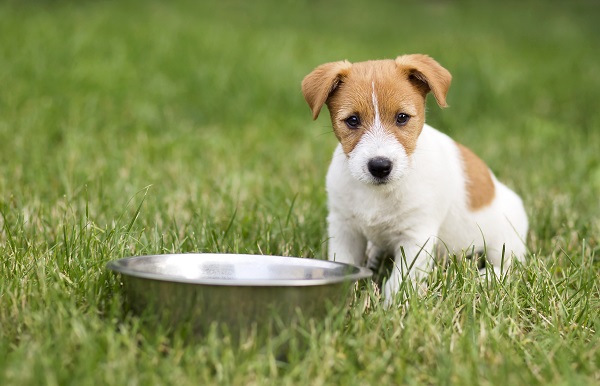
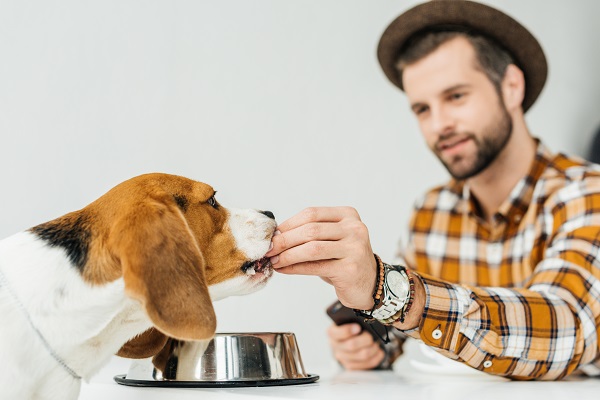

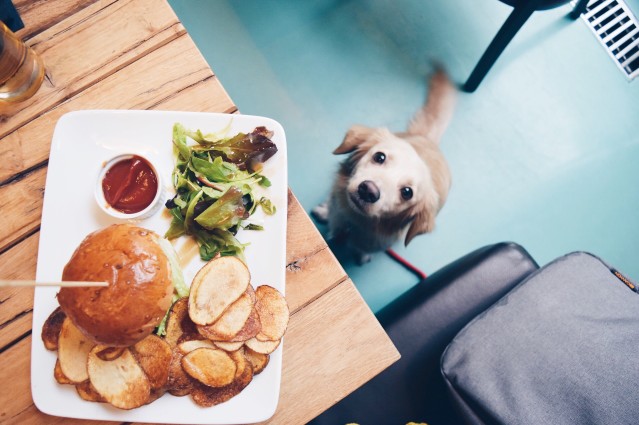














 in Chandigarh, India.
in Chandigarh, India. 
